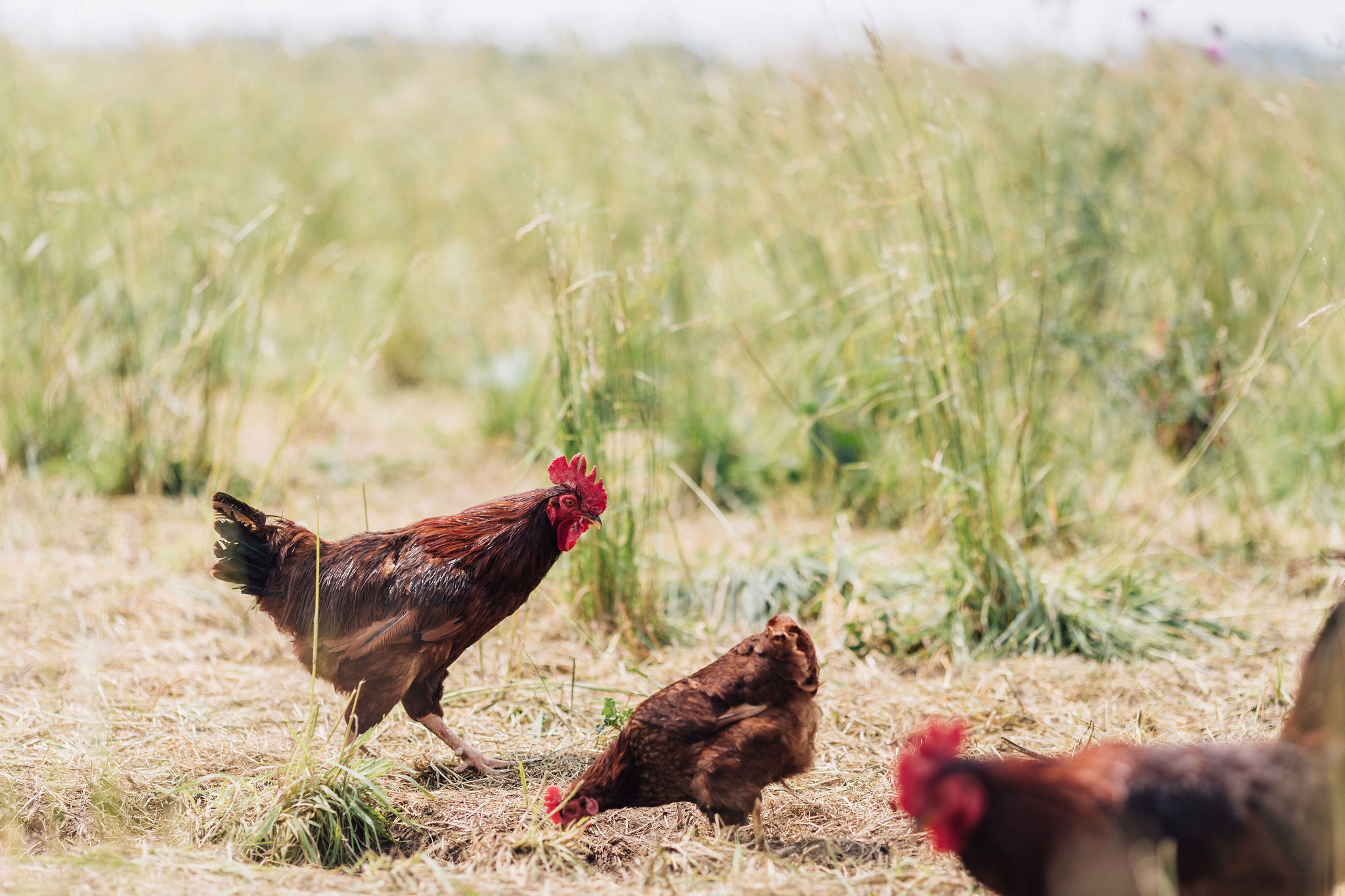Can you attain perfection in food?
posted on
August 31, 2018
What’s your definition of food perfection?
There are so many crazy diet trends, confusing labels, and chronic digestive and autoimmune issues. This makes it even harder to figure out what the “perfect” foods are.
Members share their questions and concerns with me all the time. Why are the dairy goats given grain? Why was the butter a bit sour this week? Why aren’t the eggs and meat fresher? Why are your shipping prices so high?
When it comes down to it, people are looking for three things from any product: high quality, speed, and low cost. You can usually get two but not all three.
The modern industrial food system aims to give you all three.
In the modern industrial food system, it seems that high quality equals standardization. Companies strive to produce products with the same flavor and texture every time.
With industrialized agriculture, cost can be eerily low. This is due to government subsidies and fillers and mass production.
And, factory produced products can last a strangely long time.
In the small farming world, you are getting high quality, speed sometimes, and always higher food prices.
Compared to big food companies, high quality means something completely different to most small farmers. It means that the animals were raised with care and processed “junk” isn’t added to food. Animals are fed a natural diet and have a high quality of life, with plenty of access to nature. In return, they give us nutrient-dense foods.
For small farmers, freshness matters, too. However, this can be difficult, especially when you’re trying to maintain a zero-waste facility (a marked difference from our extremely wasteful supermarkets). Supply and demand are hard to predict. This means you may get eggs close to the sell by date or meat that’s been frozen for longer than expected.
Speed is a must for small farmers. Their products aren’t highly processed and therefore have a shorter shelf life. Although this can be tricky, as most farm foods can be preserved for longer times. Think cheese or bread crumbs.
Low cost is simply not an option for a small farmer. First, they put more into raising food. Second, they don’t have the purchasing power of large companies. To be honest, the average consumer should spend way more on their food. In the long term, they will save on healthcare costs.
I’ve come to appreciate the inconsistencies in small farm food. This is blatantly obvious with a CSA. You never know what veggies you’re going to get! This is subtler with small batch made-to-order dairy products like ours. The flavors change with the cows’ diet and production conditions.
Those small farm variations convince me that the food is high quality. I want to know that the food is changing, just like nature does. And, when you get that fantastic batch of super heavy cream, it’s heaven! Like a fine wine that can’t be reproduced.
Here’s to the ever-changing nature of “perfect” small farm food!




